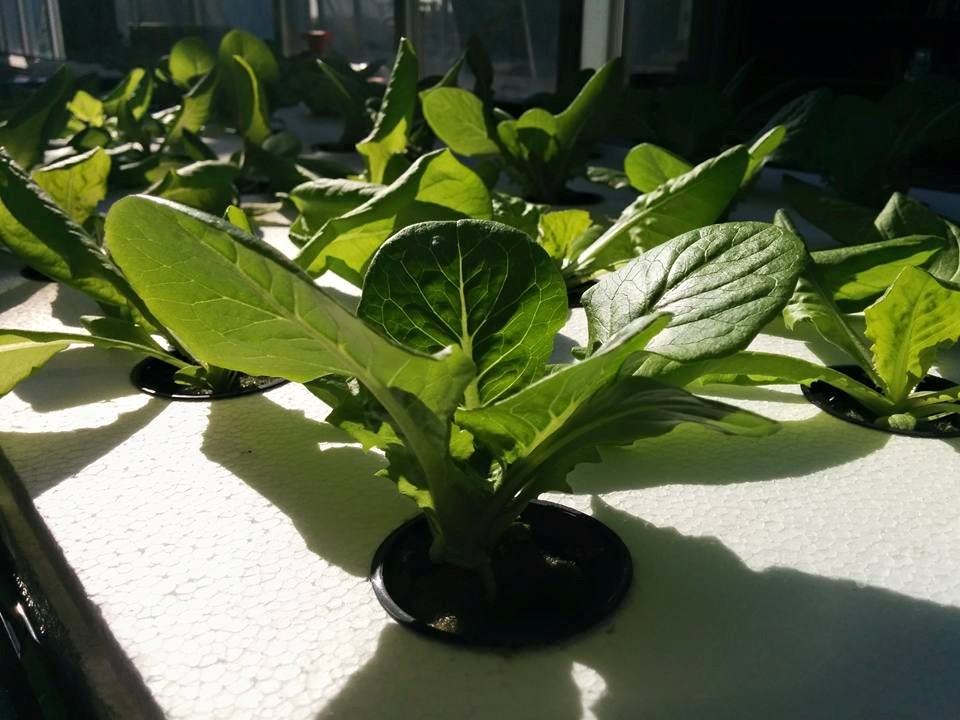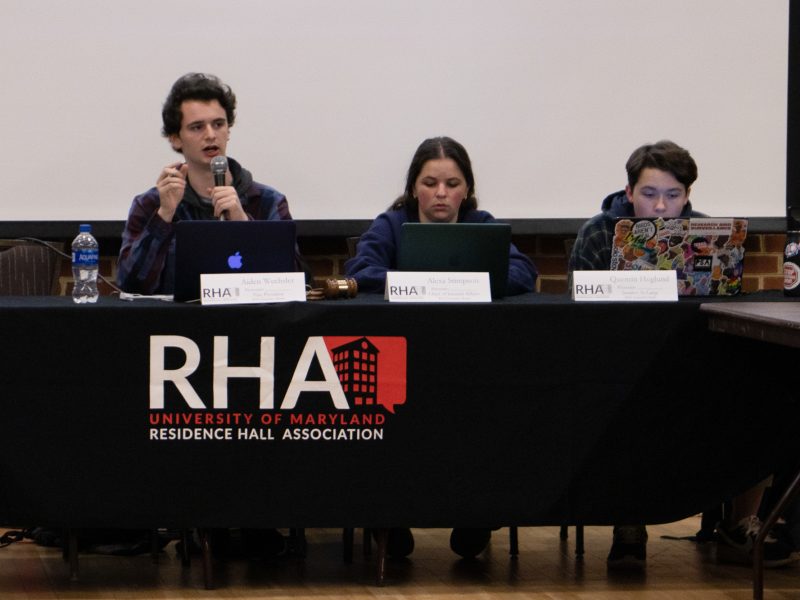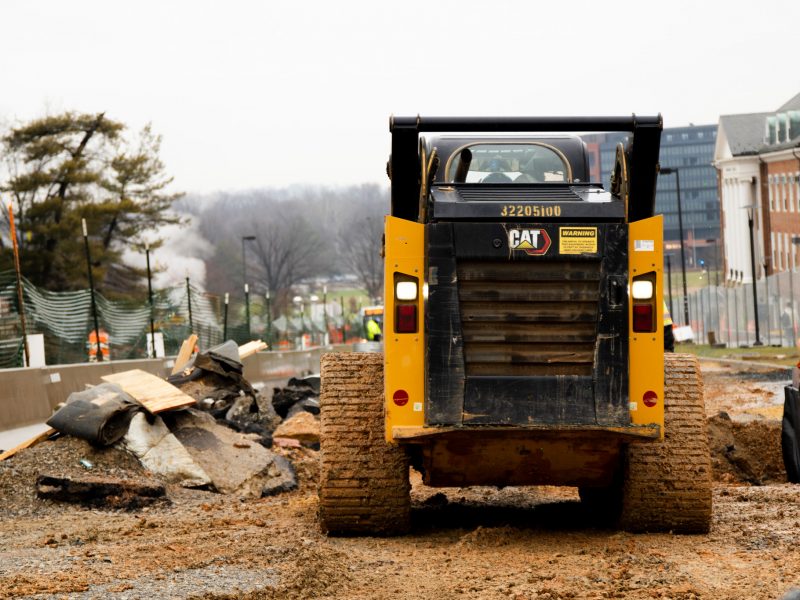Seven years ago, Jimmy Shue’s interest was piqued by a Scientific American article about vertical farming. The article described the practice of hydroponics — growing plants in sand, gravel or liquid with added nutrients and without soil — which Shue saw as a way to solve some of the world’s most pressing problems, including hunger and waste.
Tuesday, Shue’s Green Roots group, which he created in early 2015 after working for years with the university’s sustainable food programs, received recognition from the Student Organization Resource Center as a student group dedicated to all things hydroponics and vertical farming.
“Right now we’re working to see if we can build more systems on the South Campus [Dining Hall] rooftop garden, so we’re going to be collaborating” with other gardeners there, the junior environmental science and technology major said. “In addition, I’m getting our group to do research to design new systems that we can put up there.”
The club, which plans to focus on research, education and outreach and community service, hopes to donate the food it grows to local food banks. In addition, members said they hope to reach out to public school students in Montgomery and Prince George’s counties to teach them about sustainability initiatives.
Emily Goo, Green Roots’ treasurer, learned about hydroponics while looking into urban farming as part of her Environment, Technology and Economy program in College Park Scholars. Goo, a sophomore environmental science and technology major, said she could see several potential uses of hydroponics and has written grant proposals for the club.
Despite their knowledge in the area, both Shue and Goo stressed that the club is meant to be a learning opportunity open to anyone with an interest.
“I don’t consider myself an expert, and a lot of things that I learned, I learned through the Internet, YouTube and just doing Google searches,” Shue said.
Dining Services Sustainability and Wellness Coordinator Allison Lilly also noted that from a research standpoint, it makes sense for a variety of student groups, such as the Student Government Association’s sustainability committee and the students who work in community gardens, to work together.
“We are very interested in not just environmental science students, but also business majors or other science majors who could help us grow our club,” Goo said. “It’s not just about hydroponic systems; it’s also about the community and being sustainable and really helping the school be more carbon-neutral.”
For now, the club is focused on establishing itself as a student organization so it can get funding to set up hydroponic systems within the semester, said sophomore environmental science and technology major James Lin, who has his own hydroponic system.
“I also started my own little project growing lettuce,” he said. “I’m a [community assistant] in Easton Hall, and I got permission to grow a few heads of lettuce.”
Lilly has worked with Shue on sustainability issues since he approached her in 2014 with an interest in learning more about the university’s community gardens and issues involving sustainable food.
“With any sustainable food project or program, getting students really excited about whatever it is that they’re passionate about and [especially] when it connects to food is always a really important thing to me,” Lilly said. “It’s very cool when you see that student interest being coupled with innovation, academic interests and research, and also getting students together to talk about these types of issues and [taking] action.”



